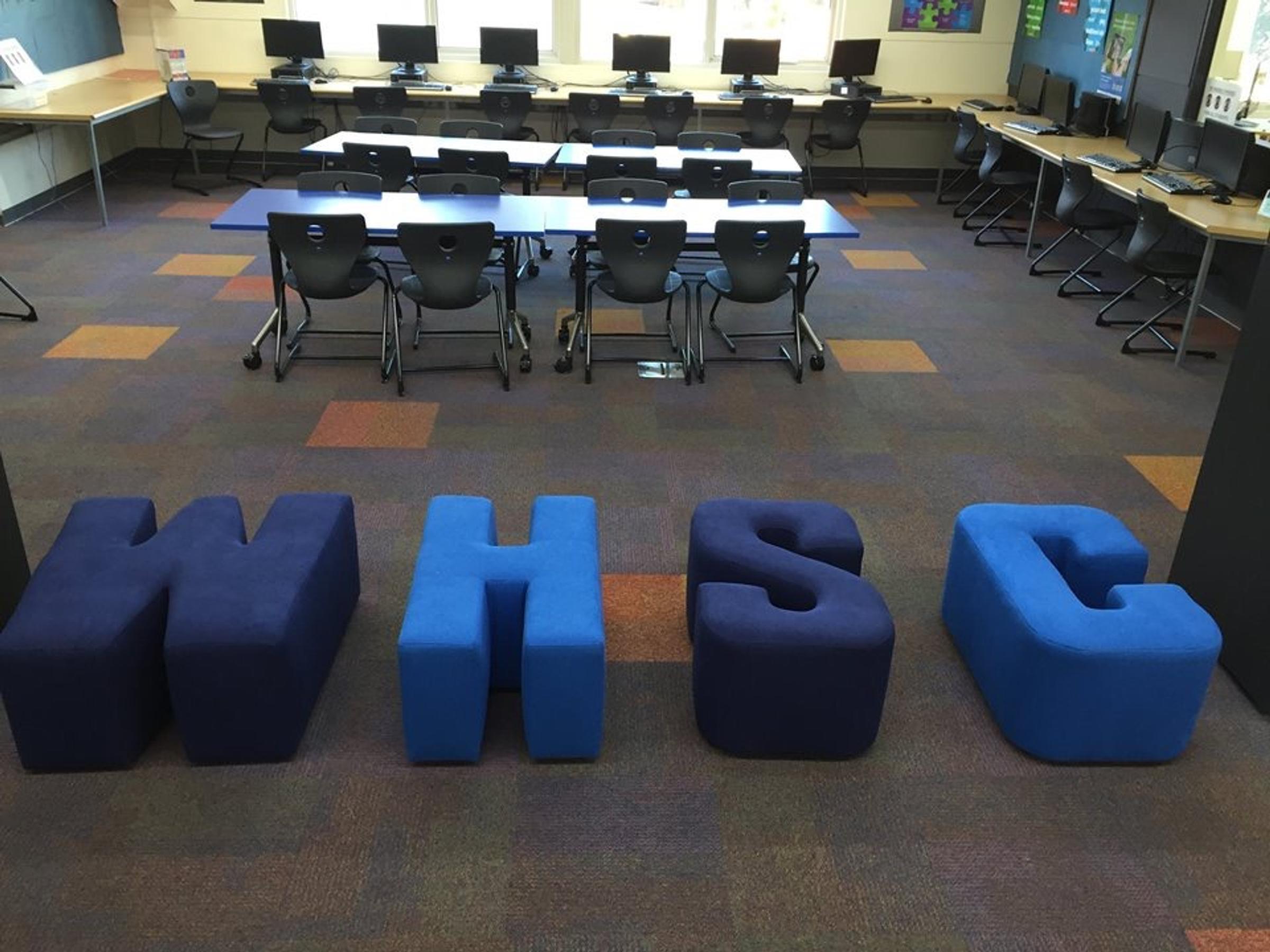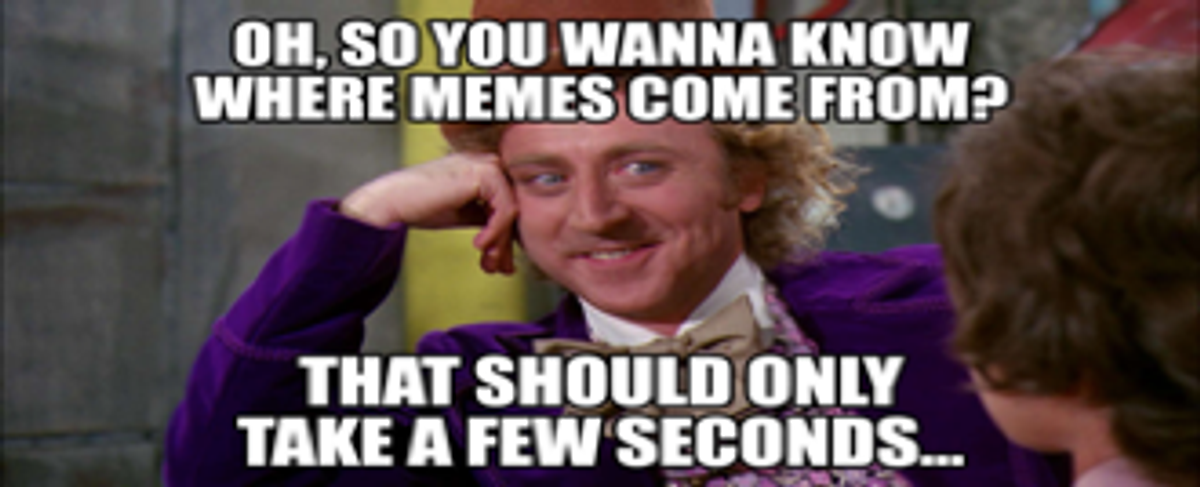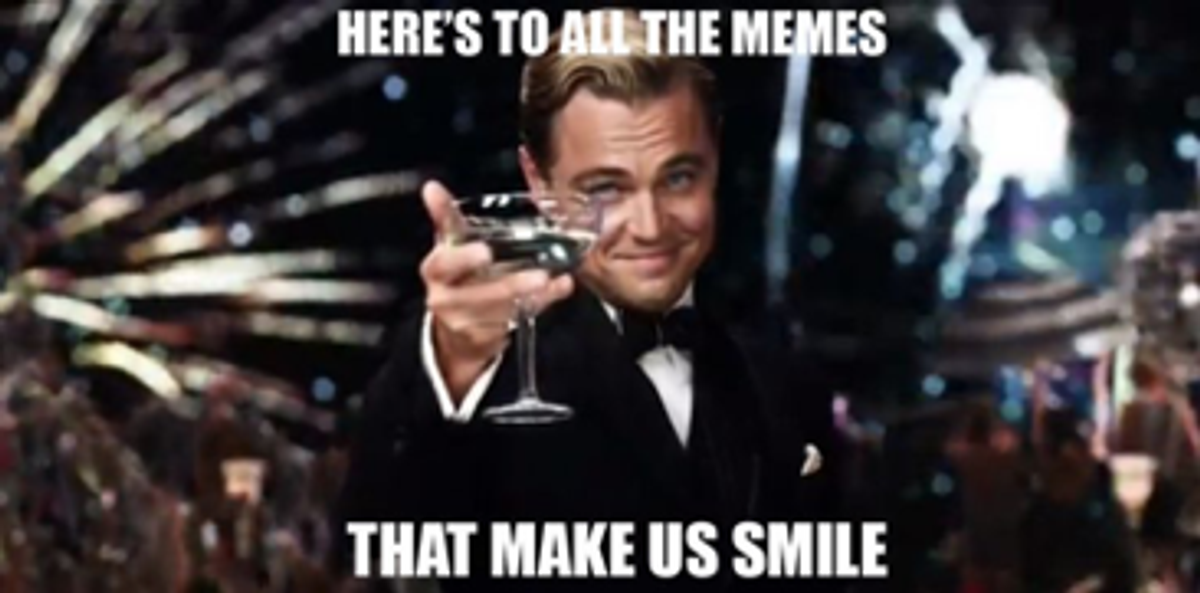
Literacy
What's in a Meme?
Meme (mi:m)
noun
- an element of a culture or system of behaviour passed from one individual to another by imitation or other non-genetic means.
- an image, video, piece of text, etc., typically humorous in nature, that is copied and spread rapidly by Internet users, often with slight variations.
I hate to tell you, but it is time to acknowledge what we already know.
The written word is being replaced. As social media continues its methodical and inevitable quest for world domination, it has unleashed the ultimate weapon.
The Meme.
Those random, mocking, hilarious images with captions that flash like a strobe light on our phones, tablets and computers.
Our informal conversations are even suffused with comments like ‘Oh, that’s like that Meme.’ We rely on Memes to explain our position on a topic, we even use Memes as evidence to support our statements and backup our claims.
Can this be right? Have we gone crazy? Should we stop this nonsense?
Of course not.
This is absolutely fine, and we are all okay.
Why? Because Memes have a historical and significant purpose in our lives.
Meme originates from the Greek word ‘mimēma - ‘that which is imitated’, on the pattern of gene’ introduced by evolutionary biologist, Richard Dawkins in 1976.
Let’s just chew on this a bit because it is tasty.
Memes capture our social and cultural climate. They depict how we are at a certain point in time, they represent our morals, our political views and our social status. Memes are our stamp in the history books. From whatever the image the Meme has stemmed from, they are a virally-transmitted cultural symbol or social idea.
We use them as a way to simulate our experience in another situation. We use them to allow others to connect with us. They are our imprint on that moment in time and our way to relate to each other.
The majority of modern Memes are captioned photos that are intended to be funny, often as a way to publicly ridicule human behaviour. Other Memes can be videos and verbal expressions. Some have weightier political or more philosophical content.
The bottom line is this.
Memes are great. They are fun to read, and they are fun to create. You should take a look at what Memes our students are looking at because you will learn so much about them. A picture will paint a thousand words. Their likes, dislikes, social and political views will be revealed, and great discussions can be had.
According to Cecil Adams, the concept of Memes “is either really deep, or really, really, obvious. But don’t forget to smile.”
Claire Hanley
Literacy Learning Specialist


